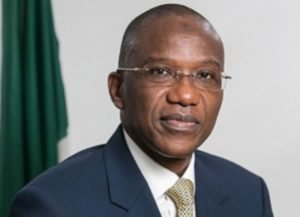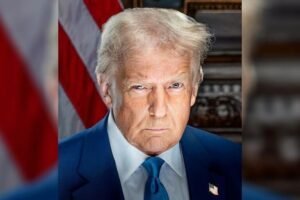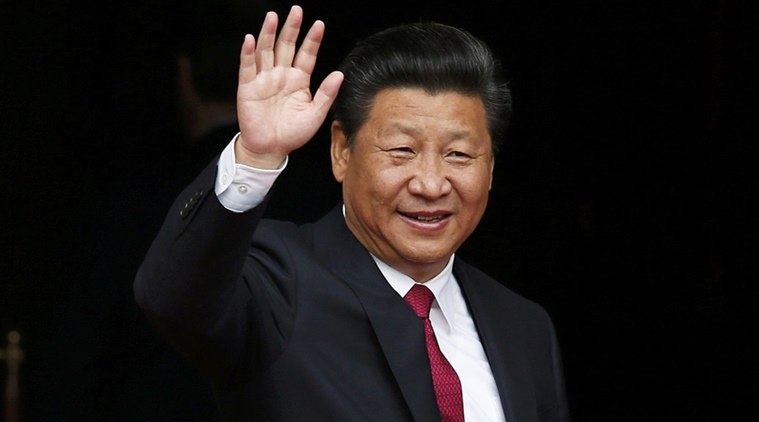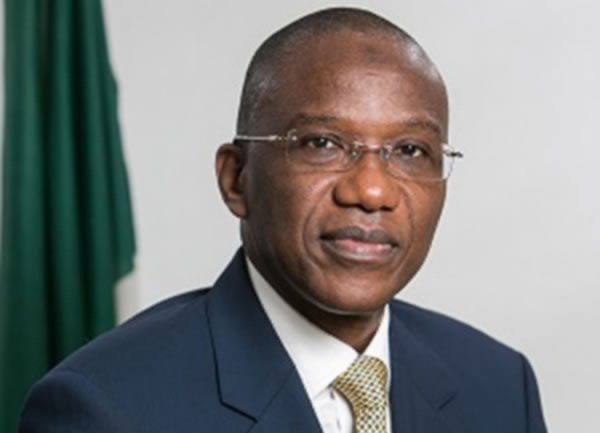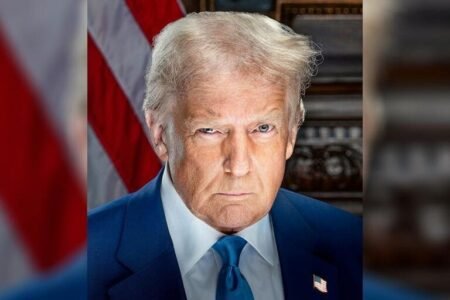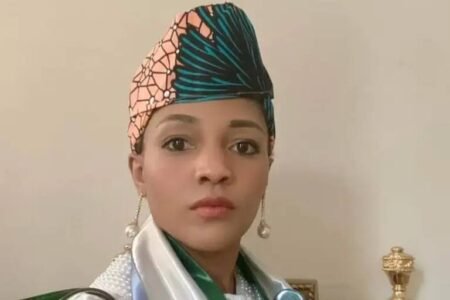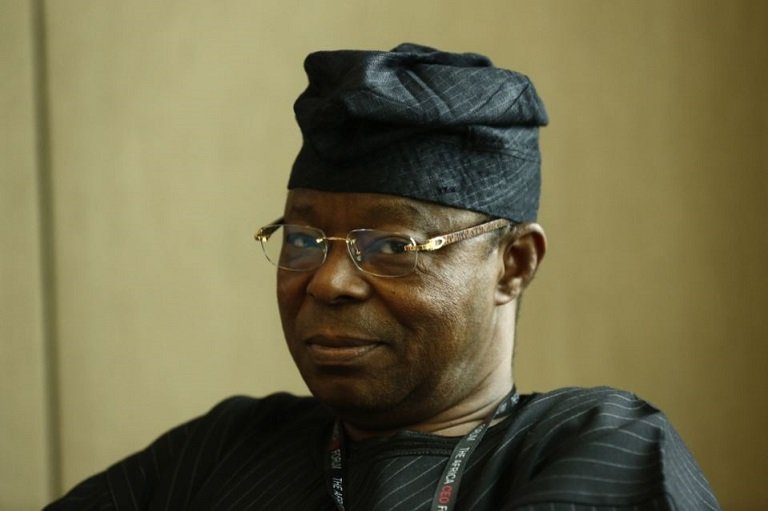China said on Friday it will fully restore travel across its borders with Hong Kong and Macau next week, dropping Covid testing requirements and daily quotas after a lengthy pandemic separation.
The semi-autonomous cities have both stuck to Beijing’s zero-COVID strategy for nearly three years, splitting families, cutting off tourism, and suffocating businesses.
The State Council’s Hong Kong and Macao Affairs Office said on Friday that all remaining restrictions would be dropped starting midnight on February 6, with group tours allowed to resume.
Limited travel across the border between Hong Kong and mainland China resumed in January after Beijing abruptly axed its isolationist policy.
Initially, only 60,000 people were allowed to cross each day in either direction and they were required to show a negative PCR test.
Hong Kong leader John Lee said on Friday that the partial reopening had been “orderly, safe, and smooth”.
Hong Kong’s lengthy separation from its biggest source of growth inflicted a heavy toll, with some estimating it cost the financial hub $27 billion.
Mainlanders have long made up the vast majority of visitors to Hong Kong, with around 51 million arriving in 2018, nearly seven times the city’s population.
City officials are hoping an influx of visitors will revitalize the recession-hit economy, injecting cash into the once-vibrant tourism and retail sectors.
Unvaccinated overseas travelers will be allowed to visit Hong Kong starting Monday, but Lee said pre-arrival rapid antigen tests will still be required.
“As the full reopening of the border with mainland China will bring a large surge in travel, to ensure risks are manageable we will keep the testing requirement for overseas travelers for a period of observation,” he said.
The full relaunch of travel with the mainland comes a day after Lee rolled out a rebranding campaign to woo overseas tourists, pledging more than half a million free flights and “no isolation, no quarantine, and no restrictions”.
Outdoor masking remains compulsory in Hong Kong, though Lee has said the policy could be scrapped after the winter flu surge.
